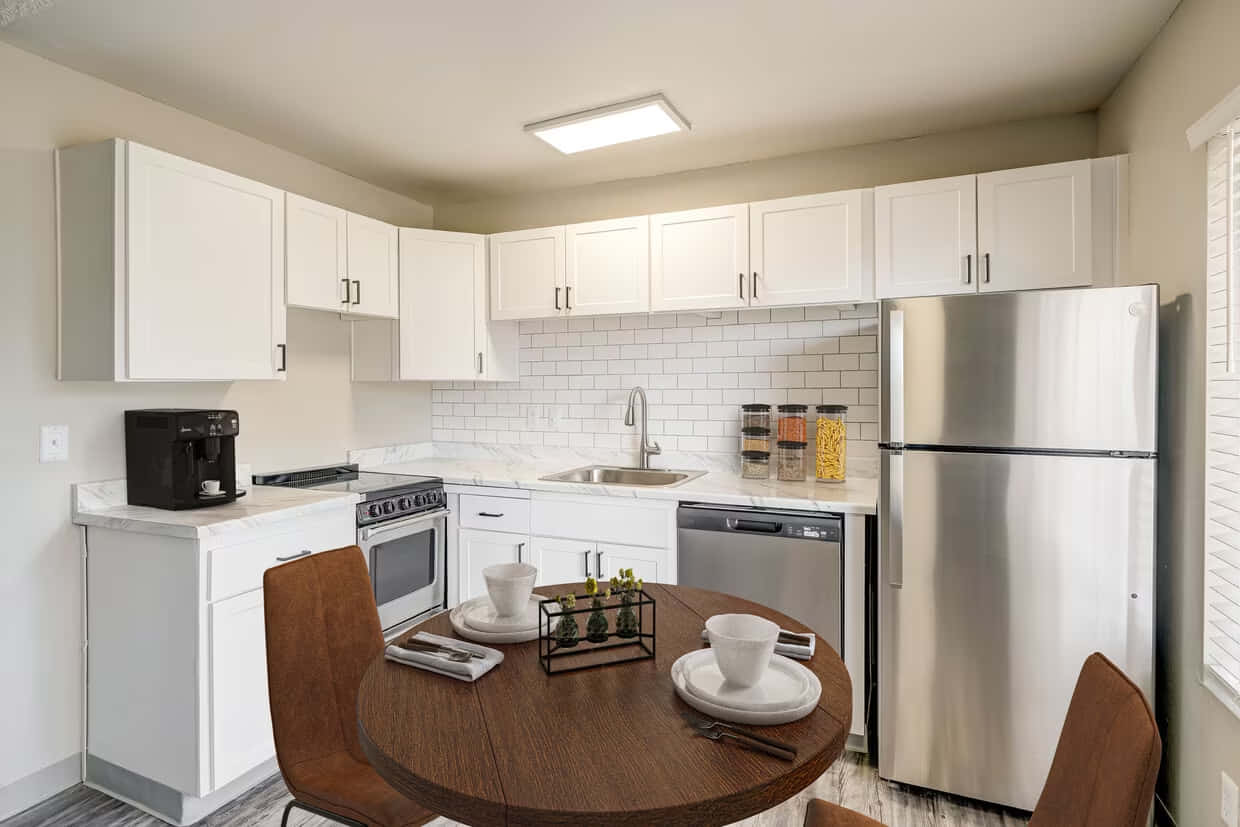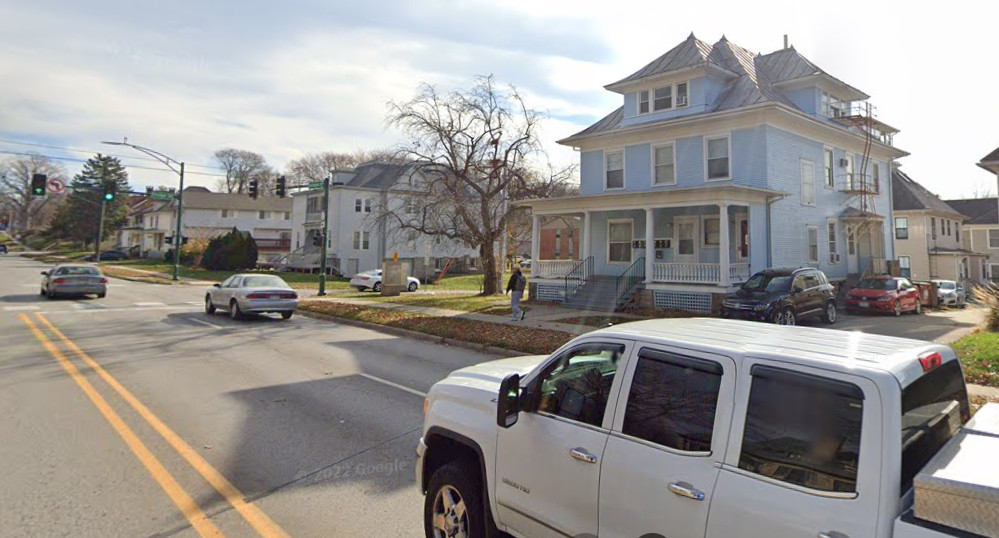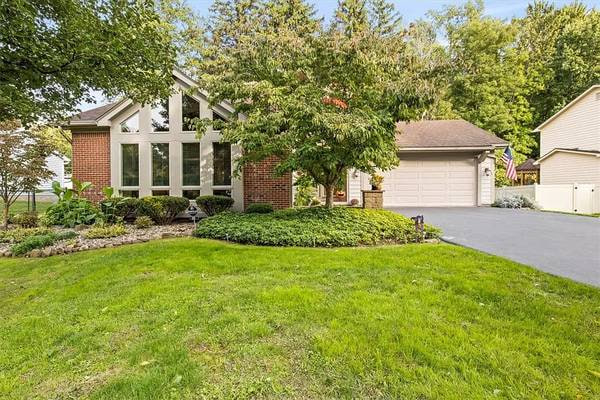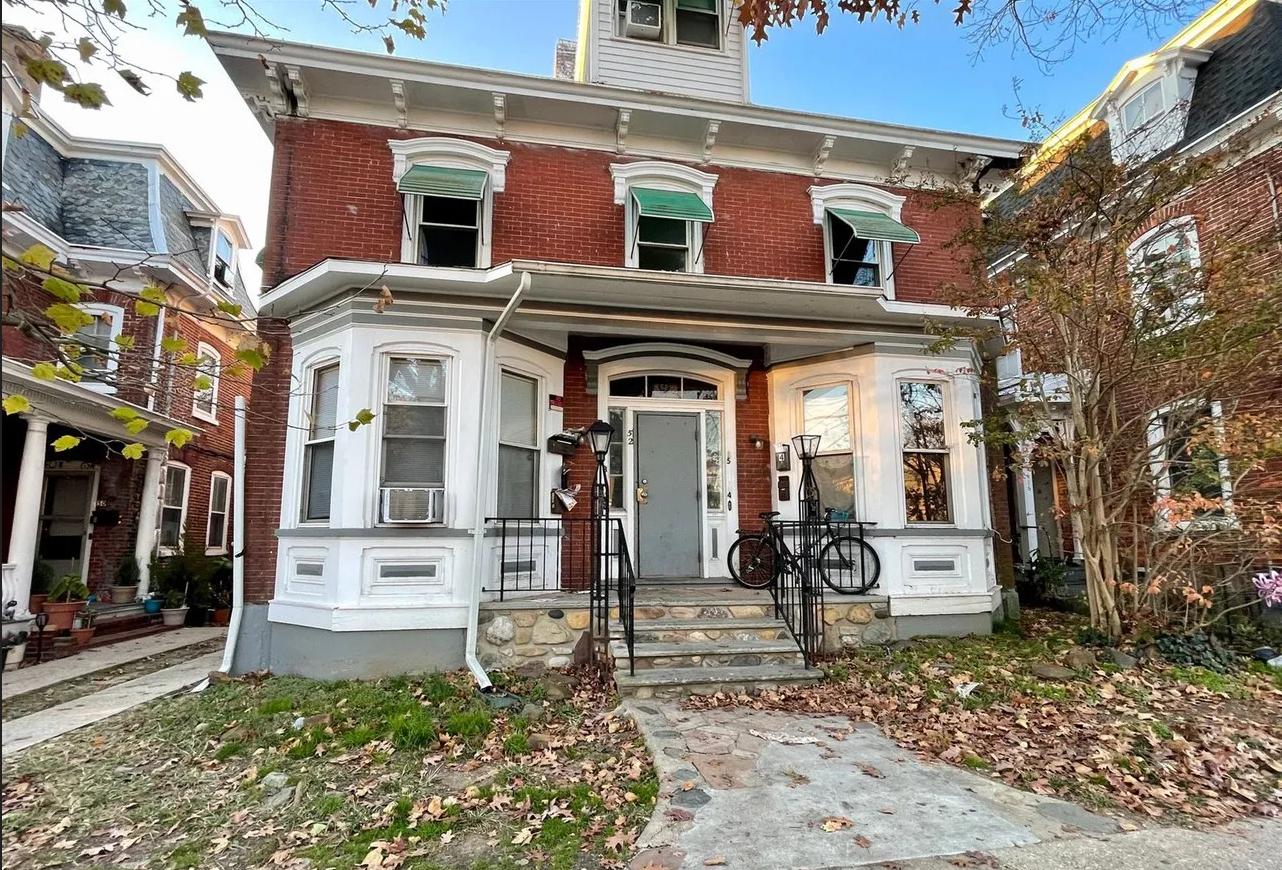If you've ever gone through the process of buying a home, you know that it can be an incredibly stressful experience. It's not just figuring out how to get financing; there are other issues that need to be handled as well, such as going through probate. Probate is the legal process required for settling estates and distributing assets when someone passes away. If you're trying to buy a house during this time, can you still move in? In this blog post, we'll explain what happens with a death involving real estate property and whether or not it's possible to occupy the residence while probate is taking place. Get ready for all your questions on living in a house during probate to finally have some answers!
Answer:
There are no restrictions on living in a house that is undergoing the probate process. In fact, many estate representatives actually prefer having someone occupy a property during probate. There are a few reasons for this.
Firstly, the estate representative can continue to collect rent from the occupant, if applicable. Secondly, having a resident in the house ensures that the property is being properly maintained and taken care of.
The probate process is overseen by the executor, who is typically appointed in the deceased individual's will. This executor is responsible for administering the estate and ensuring that the instructions outlined in the will are carried out. In cases where no executor is named in the will, the probate court will appoint one.
Roles and Responsibilities of the Executor in Probate
The executor assumes various responsibilities, including conducting comprehensive research to identify all estate assets and resolving any outstanding debts. Afterward, the executor will locate the heirs and beneficiaries as outlined in the will.
The assets owned by the deceased will then be distributed to these beneficiaries. In cases where there is no will, the applicable laws governing intestate succession will dictate the distribution of assets to the closest relatives of the deceased individual
What happens when the home has a heavy mortgage burden?
If the estate solely consists of the home and carries significant debts, the executor must settle all the debts and taxes before distributing the assets. One option is for the executor to sell the house, obtain its fair market value, and utilize the proceeds to satisfy the estate's creditors.
In cases where there are insufficient funds to cover the debts, the house is usually passed on to the beneficiaries specified in the will. If there is no will, the closest family member, as determined by the relevant laws of intestacy, would inherit the home. Typically, the surviving spouse has the customary right to the entire estate. In the event of an unmarried deceased individual, their children would usually inherit the property equally.
Managing a Heavily Mortgaged Home in Probate
When a home is burdened with a substantial mortgage, the executor's responsibility is to settle all debts and taxes owed by the estate before distributing its assets. In certain cases, the estate may solely consist of the home and significant debts. In such situations, the executor may need to sell the house, determine its fair market value, and utilize the proceeds to repay the estate's creditors.
If there are inadequate funds to cover the debts, the house is typically transferred to the beneficiaries designated in the will. In the absence of a will, the distribution of the home would be governed by the applicable intestacy laws. The closest family member would generally inherit the property based on these laws. Typically, the surviving spouse is entitled to the entire estate, while in the case of an unmarried deceased individual, the property would be divided equally among the children.
Renting a Property in Probate
There are no legal restrictions preventing the executor from renting out a property that is going through the probate process, although the decision ultimately depends on the circumstances. If the deceased individual had already rented out the property before their passing, the existing lease between the tenant and the deceased landlord would remain valid.
If the lease expires during probate, the executor has the option to continue renting the property by signing a new lease or request that the occupants vacate to facilitate the sale of the home. The executor's considerations may include the ability to settle debts without selling the property and whether there is a designated beneficiary for the home.
In cases where the property was not previously rented at the time of the homeowner's death, the executor may choose to rent it out during the probate process. This can provide additional income to cover the deceased individual's expenses and debts.
Acting on behalf of the estate, the executor has the authority to make decisions regarding renting out the property. It becomes important for the executor to ensure that the tenants properly maintain the property to preserve its value for the eventual inheritor once probate is concluded.
FAQs about Can You Live In A House During Probate
Can you live in a house during probate?
Yes, there is no prohibition against living in a house that is going through the probate process.
Why would someone live in a house during probate?
Living in a house during probate can be beneficial for several reasons. It allows the estate representative to continue collecting rent, if applicable. It also ensures that the property is being properly maintained while the probate process is underway.
Who is responsible for managing the property during probate?
The executor of the estate is typically responsible for managing the property during probate. Their role includes overseeing the property, ensuring its maintenance, and making decisions regarding renting or selling it if necessary.
What happens if the house is heavily mortgaged during probate?
In the case of a heavily mortgaged house, the executor is responsible for paying off the estate's debts and taxes before distributing the assets. If there are not enough funds to cover the debts, the house may need to be sold to repay the creditors.
What happens to the house if there is no will during probate?
If there is no will, the distribution of the house will be determined by the applicable laws of intestacy. In California, for example, the closest family member would typically inherit the house, with the surviving spouse usually entitled to the entire estate or the property being divided equally among the children if the deceased was unmarried.
Can the executor decide to rent out the property during probate?
Yes, the executor has the authority to rent out the property during probate. Renting out the property can generate additional income to cover the deceased's bills and creditors during the probate process.
What happens to the property once probate is complete?
Once probate is complete, the property will be transferred to the beneficiaries named in the will. If there is no will, it will be distributed according to the laws of intestacy, ensuring it goes to the closest family member or the designated beneficiaries.
Conclusion
Probate can be a complex process and the executor of an estate is responsible for managing all of the deceased individual's assets, including any property they owned. If the home was heavily mortgaged, it may need to be sold in order to settle debts and taxes owed by the estate. If the estate does not have sufficient funds to cover the debts, the house would be transferred to the beneficiaries specified in the will or based on intestacy laws.





